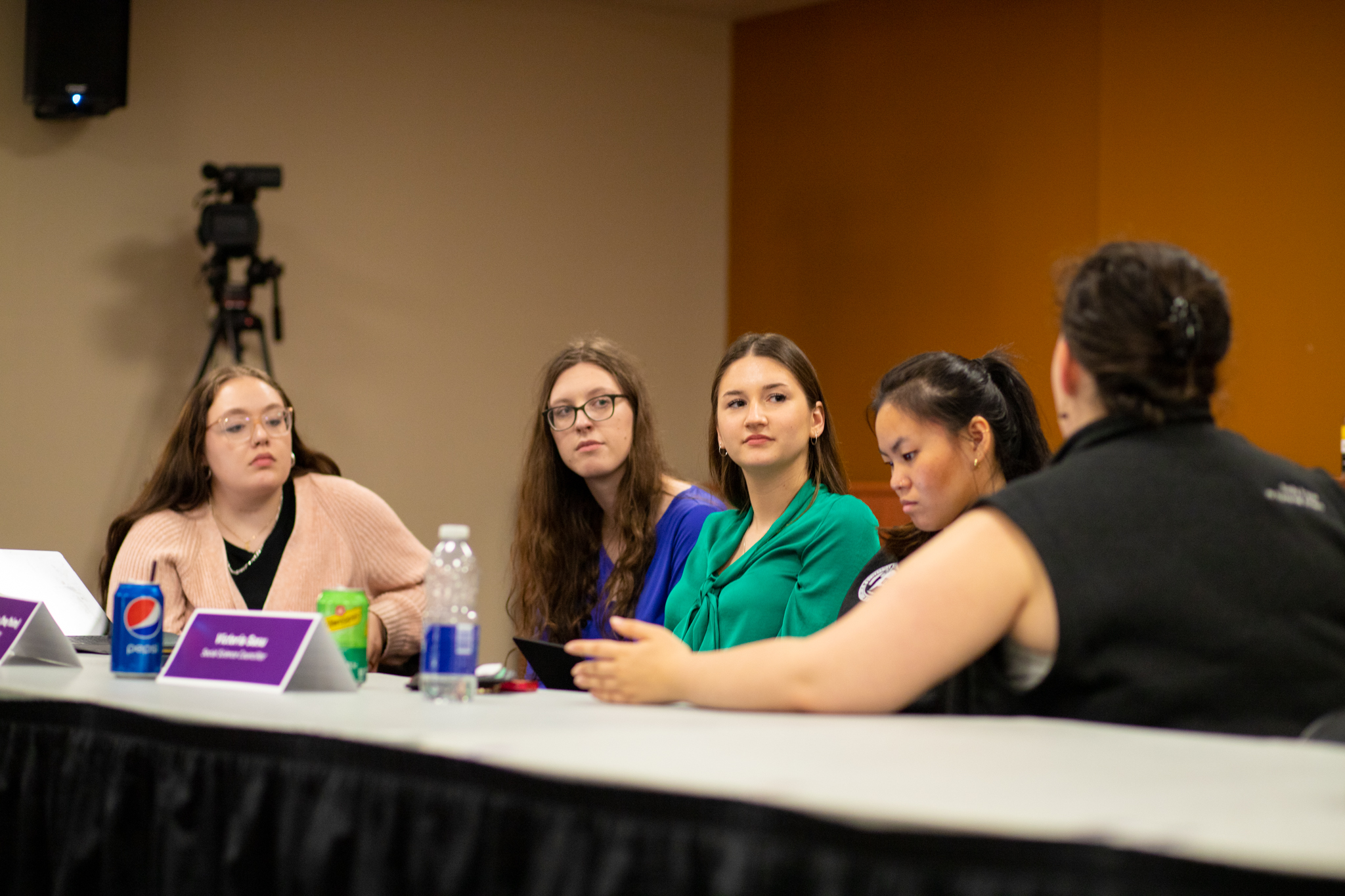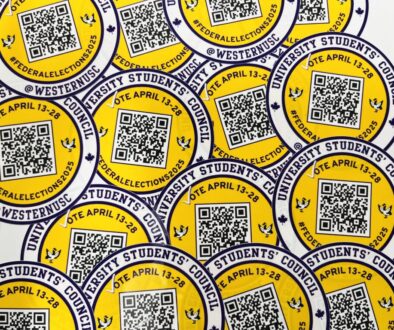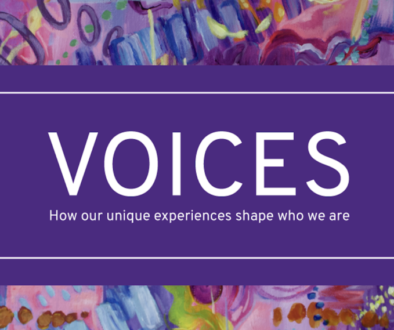CASA: Amplifying Student Voices in Federal Advocacy
Advocacy lies at the very heart of the USC. As an organization committed to empowering students to change the world, we prioritize enhancing the student experience to ensure students reach their full potential. Much of that vision lies in our advocacy efforts, including local, municipal and provincial lobbying. Vice President of External Affairs Emily Poirier explains.
“Advocacy is the core of the USC and any student association. Advocating on behalf of students to their administrations is how student associations came to be, and continues to be, a large part of the USC’s focus. If the USC wants to improve the undergraduate experience for Western students, and advocacy, be it on mental health, financial aid, EDI, tuition, gender-based violence, or anything in between, is how we accomplish that in the short and long-term.”

With this primary objective in mind, at the last council meeting, your councilors passed a motion to run a referendum alongside this year’s election, asking students to vote for the USC to officially join the Canadian Alliance of Student Associations (CASA)
CASA is a federal lobby group of various student unions across the country. They aim to amplify student voices by bringing their concerns to politicians, making policy recommendations, and emphasizing the student perspective in the political space of federal parliament. With its home office located in Ottawa, CASA is a central aspect of ensuring that federal leaders hear the student voices of this country.

So, how does this help the USC? Central to CASA’s advocacy and operations are consultations and perspectives that are brought forward by student unions like the USC.
“CASA would be another tool the USC can use to pressure the federal government.” Emily explains, “Speaking collectively can often get the attention of decision-makers much more easily and quickly, while the USC would be able to continue to advocate on more Western-specific issues through our local MPs. It would complement and enhance our existing federal advocacy efforts, not replace them.”
By collaborating with CASA, the USC can ensure that your voices are heard and accounted for at the highest level of government. Some of the advocacy wins that CASA has achieved over the past years include:
The New Abnormal Report: CASA released a report highlighting the effects of mental health in the student body in light of the Pandemic. This report informed federal policy on mental health funding.
Increased Off-campus working hours for international students: After seven years of consistent lobbying efforts from CASA, Immigration, Refugees, and Citizenship Canada approved that international students with study permits could work more than 20 hours a week.
These are just a few of the many wins CASA has seen over the years, and USC hopes to achieve more in collaboration with this organization. We want to bring your concerns to federal leaders and bring the resources those concerns produce right back to you.
“Federal advocacy affects students most prominently in the long-term in their degrees, including being able to access post-secondary (such as with student visas, financial aid), large-scale infrastructure changes (such as investments in housing and transit), and job-readiness post-graduation (such as experiential learning opportunities and graduate student research funding). While these are issues that affect students less in their day-to-day lives, they have a huge impact on who can access post-secondary education in Canada and how the tools they have to navigate the world afterwards,” says Emily
However, like always, our priority is you, the students. Which is why we’re leaving it up to you. After voting for your president, senate members, faculty presidents, and councillors this election season, you will also have the opportunity to vote for your voices and concerns to be heard on the federal advocacy level.
“The USC decided to make this a referendum question because we want students to be able to advise us on whether they believe this reflects what they want to see in their student experience and those who come after them.” Emily explained, “Joining CASA means dedicating student dollars and Executive time to membership, and we want to know if students see value in this.”
So on February 1st, vote YES for better mental health funding and programs, affordable housing, removal of interest on student loans, affordable education, and more. Because at the end of the day, the USC is here to serve you.
For more information on the referendum, check out our website. For any questions or concerns, email externalaffairs@westernusc.ca






